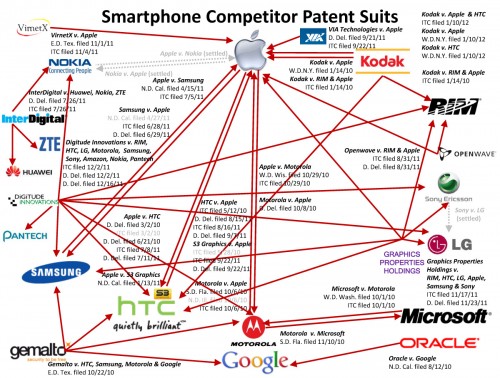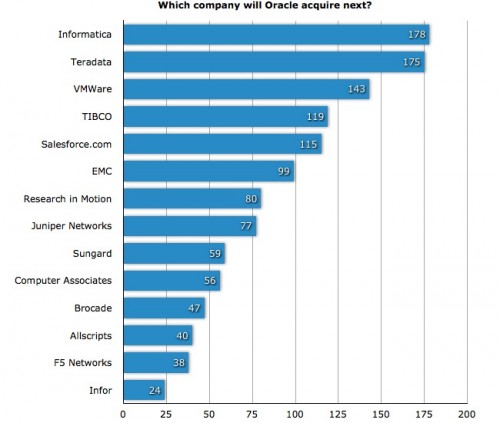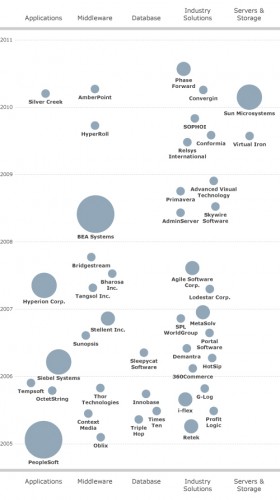Apparently, there is a new kid on the block – FairSearch.org. Here is a quote from their About page:
FairSearch.org is a group of businesses and organizations united to promote economic growth, innovation and choice across the Internet ecosystem by fostering and defending competition in online and mobile search. We believe in enforcement of existing laws to prevent anticompetitive behavior that harms consumers.
Further down on the same page is the list of companies involved. Among them, some of those that should not even be allowed to use the word ‘fair’: Microsoft, Oracle, Nokia.
So, this bunch of clowns (my apologies to the clowns) tried and failed to control the web search and the mobile markets, and now they are trying to bring Google down by joining their forces and attempting a government campaign. Pathetic! Here is what they write to the EU:
Google’s Android is the dominant smartphone operating system, running in 70% of units shipped at the end of 2012, according to Strategy Analytics. Google also dominates mobile search advertising with 96% of the market, according to eMarketer. The complaint says Google uses deceptive conduct to lockout competition in mobile.
“Google is using its Android mobile operating system as a ‘Trojan Horse’ to deceive partners, monopolize the mobile marketplace, and control consumer data,” said Thomas Vinje, Brussels-based counsel to the FairSearch coalition. “We are asking the Commission to move quickly and decisively to protect competition and innovation in this critical market. Failure to act will only embolden Google to repeat its desktop abuses of dominance as consumers increasingly turn to a mobile platform dominated by Google’s Android operating system.”
FairSearch is an international coalition of 17 specialized search and technology companies whose members include Expedia, Microsoft, Nokia, Oracle, and TripAdvisor.
Google achieved its dominance in the smartphone operating system market by giving Android to device-makers for ‘free.’ But in reality, Android phone makers who want to include must-have Google apps such as Maps, YouTube or Play are required to pre-load an entire suite of Google mobile services and to give them prominent default placement on the phone, the complaint says. This disadvantages other providers, and puts Google’s Android in control of consumer data on a majority of smartphones shipped today.
What a load of bollocks! Google Android devices aren’t all built by Google. In fact, the majority of Android devices are shipped by other companies. Are all of them producing below the cost? Of course not. That would just be stupid. Secondly, Android is very much based on the Open Source Software, Linux and such. I’m guessing that’s one of the main reasons it grows so fast and is cheaper to make. Microsoft, Nokia, and Oracle are well-known foes of Open Source. But guess what, it’s not up to them anymore. People vote with the wallet. The choice is here, and people can finally buy the devices that they like, not the ones that are being shoved down their throats.
And as far the as the web search goes, that’s even more pathetic of a subject than mobile. Just build a better search engine and people will switch over. It takes nothing, absolutely NOTHING, to use a different search engine. But the truth is, Google is by far superior search engine to Microsoft’s Bing or anything else that popped up recently. Result manipulation my a$$. If people who use the search engine will lose trust in the results, they’ll just leave. But as long as it works, who cares really?


